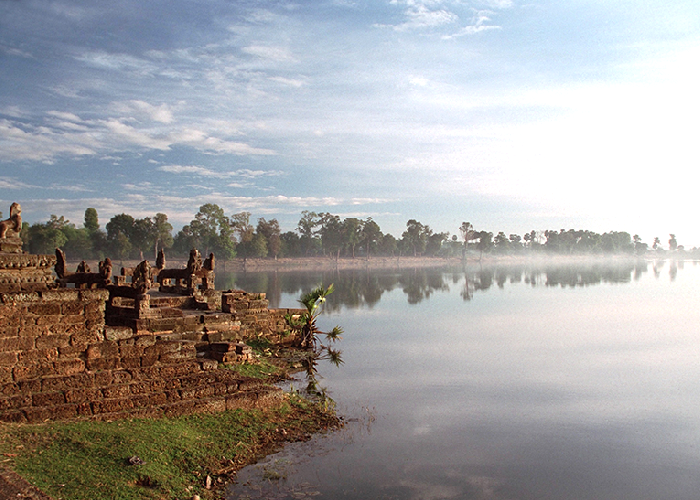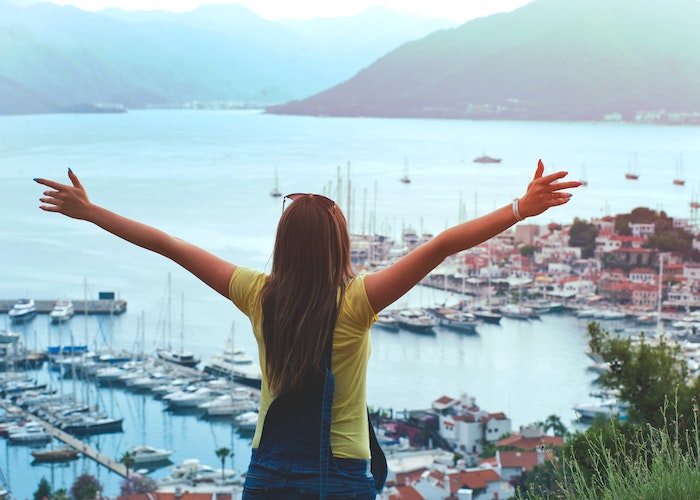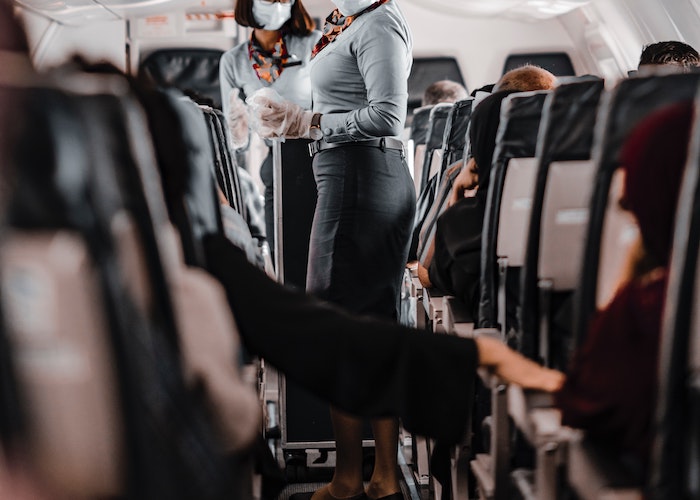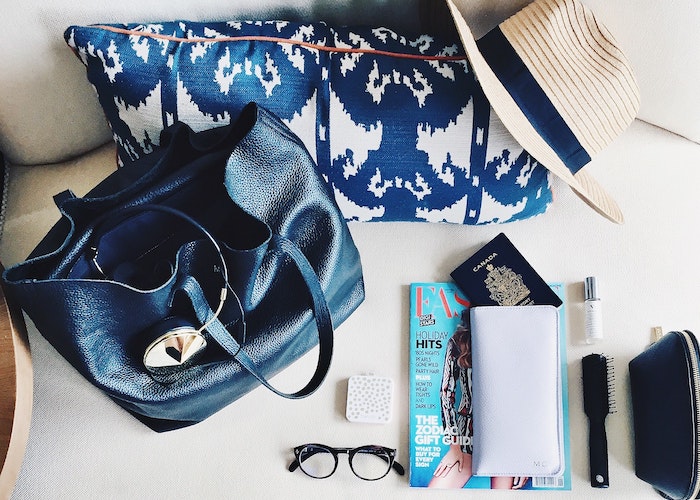Each week, TFD is taking an in-depth look at the cost of living in other countries, to learn how people like us are able to fund their worldwide dreams. Moving abroad is something many of us regard as an unattainable goal, but it shouldn’t be reserved solely for people who don’t have to worry about money. We have an incredible lineup of people who have moved to every corner of the globe, and are more than willing to explain what their expenses are, and what it took to take the plunge and move abroad. If you live abroad, or have lived abroad recently, and would like to participate in this exploration, email maya@thefinancialdiet.com.
Last week, we explored Rome from an American student’s perspective. This week, “foreign correspondent” Leigh Moon, who is from Australia, and moved to Cambodia this year, answered the following 10 questions:
1. What city do you live in, and when did you move there?
I live in a fairly rural town on the South Coast of Cambodia with my husband. We moved here from Australia in March.
2. What do you do for a living abroad?
My husband and I run our own business. We offer web consulting services to clients in different countries.
3. How exactly did you get your job?
My husband worked in the corporate world for a while before branching out to do freelance work. I joined him this year, and now I do marketing and project management for our web consulting business.
4. What are your monthly expenses?
We spend about $1700/month here. That covers rent (we were lucky to find a small house with a six-month lease), mobile phones and data, eating out, and a mini-vacation every month or so to check out a nearby town.
5. What do you like about the culture of your town, and what has made it easy to acclimate?
I really appreciate that the pace of life is slower. Khmer people don’t really obsess about time/appointments/etc., so that’s taken some getting used to. Our surroundings are beautiful, and having such a large expat presence makes the transition a lot easier. It is a treat to go to cafes occasionally before work, or to shop at the local markets.
6. What is the biggest challenge your new culture presents? Did you experience “culture shock”?
I’m still experiencing culture shock. Poverty is very present in Cambodia, which is a big change from Australia. The language is also quite difficult, so I still only know a handful of phrases. Also, the “commission-based” nature of the police/bureaucracy (read: bribes) is fairly surprising to anyone from a Western country. There’s also a lot of haggling, which is different from our home country. It’s all very different — the roads (which sometimes don’t have names), the markets, cultural protocols — but I am enjoying respectfully learning about the culture.
7. What obstacles did you face when moving abroad, and how did you deal with them?
We are very fortunate to have a work situation, and we had about a week off to move over here. We found a house within five days of being here. To fund our move without taking money from our savings, we had to move back in with my dad for a few months, which really reduced our monthly expenses. It was hard to go back to living with family, even temporarily, but it really made a difference in terms of lowering our spending, and not having to navigate leases and give notice, which gave us more flexibility in terms of travel dates. We’re lucky that was an option.
8. What advice do you have for someone looking to move to your area?
Do your research before you come. You aren’t going to be able to get the sunscreen/deodorant/etc. that you might want from home. I brought a lot of lightweight clothing, but also wanted to keep modesty in mind. Khmer people are relatively conservative outside of the big cities, so I try to make sure I’m dressing in a way that is culturally appropriate. If you have medication that you need to take, Cambodia’s medical system and pharmaceutical system are can be rather dated, so you may have trouble getting medication here.
9. What was the process like for acquiring a visa before moving? How much did it cost?
To get a visa for Cambodia, we needed to bring money and some passport photos to the airport. If you’re planning on staying longer than a month, you’ll need to get a work permit, which is what we had to get, and it was a similar process.
10. Are there certain expenses in your country that surprised you?
Bottled water is the main source of drinking water. It’s not expensive – $1 for 25 litres – but it was a difference we had to get used to.
Leigh is 25, her husband is 27, and they are in web development. They lived in lovely (but expensive) Melbourne, Australia, but decided they wanted a change and moved to Cambodia.
Image via Flickr




